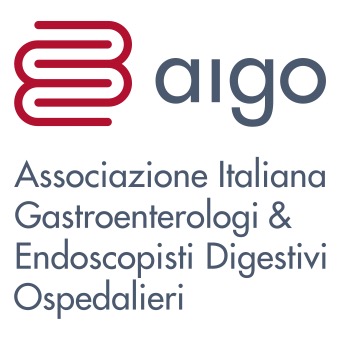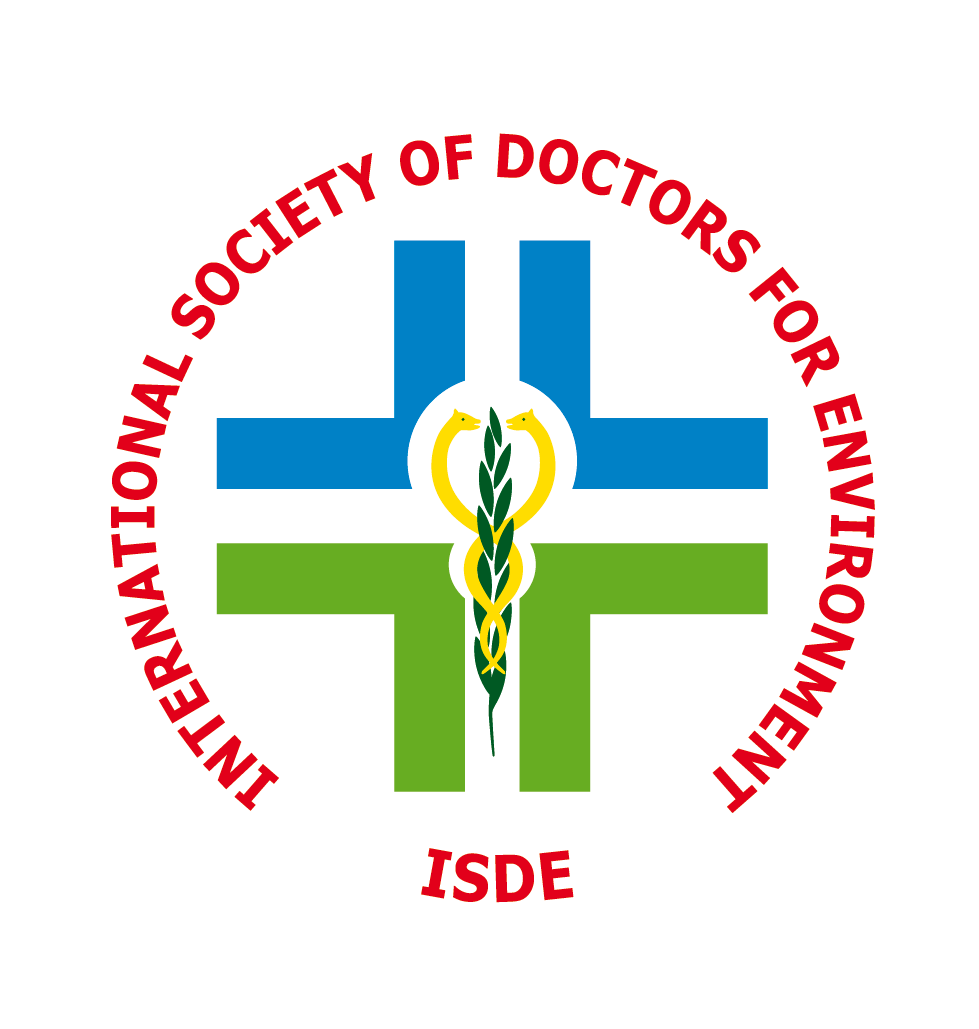
by Valeria Confalonieri | Dec 12, 2023
The environmental burden of medications before endoscopy (bowel preparation and laxatives for colonoscopy, or mucolytic solutions), during (sedatives, antibiotics, or analgesics), and after the procedure has not been formally quantified but it has recently been...

by Valeria Confalonieri | Dec 12, 2023
Hypertension, diabetes mellitus, and dyslipidemia, three conditions frequently managed by the General Practitioner (GP), have significant benefits from an educative approach in both prevention and treatment phases, whether in conjunction with pharmacotherapy or...

by Valeria Confalonieri | Dec 12, 2023
Asthma and Chronic Obstructive Pulmonary Disease (COPD) have therapeutic benefits from inhalation medications, available in two pharmaceutical formulations: metered-dose inhalers and dry powder inhalers. Consequently, the prescription preference should be directed...

by Valeria Confalonieri | Mar 14, 2023
In patients with chronic liver disease and portal hypertension, even though acid secretion is markedly reduced, PPI therapy is often used even in the absence of an acid-related disease, in order to prevent bleeding from hypertensive gastropathy. This approach is not...

by Valeria Confalonieri | Mar 13, 2023
Administration of a single i.m. dose of vitamin K within the first 6 hours of life is enough to prevent hemorrhagic disease of the newborns. If not given (e.g., due to parental refusal), oral administration must be recommended, which is less effective and should...








Recent Comments